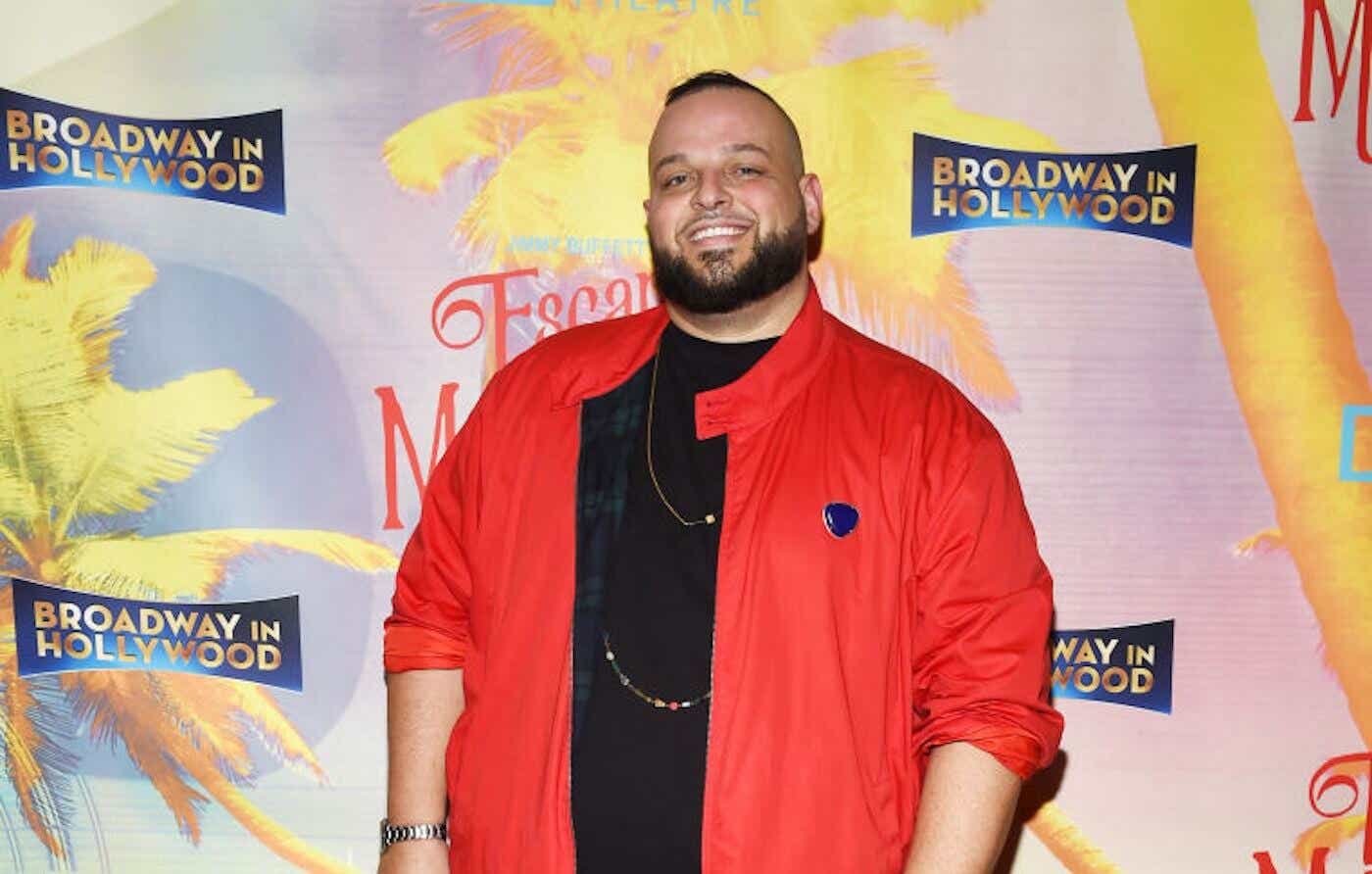In the halls of North Shore High School, where the characters in Tina Fey’s hit film, Mean Girls gossip and scheme to no end — a student named Damian is a breath of fresh air. He’s hilarious and loyal to his friends. He also happens to be gay — and proud of it.
“He’s probably the most unproblematic character in the movie,” says Daniel Franzese, who played Damian in the film. “He’s a lot more mature than most of the high schoolers — he’s comfortable in his own skin.”
While playing Damian, Franzese, 26 at the time, was silently grappling with coming to terms with his own identity. Although he knew he was gay, he was terrified of being outed: “I was afraid of America. It wasn’t just about being ashamed of who I was — it was about losing family members. It was about losing my livelihood.”
Born into a devout Christian family in Brooklyn, Franzese struggled to reconcile his sexual identity with his Christian beliefs from an early age: “I’ve always been Christian and I’ve always been gay, and I think those two things have always combated each other.”
At age 21, he voluntarily underwent conversion therapy treatment, which is the pseudoscientific practice of attempting to change a person’s sexual orientation. He was diagnosed as “bi-curious,” and was told that it was his mother’s fault for “openly talking about sexual things” within their household.
“My mom had been the most accepting person in my life, and she didn’t care if I was gay or not,” Franzese said. “When I told her I was bi (after conversion therapy), which is how I decided to identify when I came out to her, she said, ‘Duh.’ But then I told her, ‘There’s more. It’s your fault.’”
By his mid-twenties, Franzese was already well on his way to establishing himself as an actor, appearing in big-budget films like Stateside alongside actors Carrie Fisher and Rachael Leigh Cook. When Mean Girls was released in 2004, Franzese became a household name for his brilliant depiction of Damian — and everything his character represented to the LGBTQ+ community: a fully formed, three-dimensional gay character. But ironically, the role actually had a dire impact on Franzese’s career, as he continued to hide his own sexuality:
Although the years after Mean Girls were some of the hardest of Franzese’s life, the positive praise he received from the LGBTQ+ community for bringing Damian to life had a major impact on his own journey toward self acceptance. “This movie is so much of my identity — it’s attached to me. I think it set me on a journey to find out what else I was.” That journey, along with the support of Mean Girls fans, gave Franzese the courage to come out of the closet in 2014.
His self-acceptance couldn’t fix entrenched issues with Hollywood’s representation in the film industry — “They’re still giving our parts to straight people,” says Franzese, “But they’re still not letting us into straight peoples’ worlds.”
But it did allow him to carve out a space of his own: Along with his friend, writer Azariah Southworth, Franzese now hosts Yass Jesus, a podcast that explores the intersection between the LGBTQ+ and Christian communities. In between touring as a stand-up comedian, he records two episodes of the podcast a week. In some ways, he believes the dry spell in his career was fate: “I wouldn’t have time to do Yass Jesus if I was playing Cam on Modern Family, or something. We’re changing lives with this simple little podcast.” Fans agree, describing the podcast as “a light… during a dark time for me,” “a celebration of love in all aspects,” and “what the world needs.”
So what can an audience expect at one of Franzese’s Stand-up shows? “I mostly just make fun of my mom,” he laughs. “I had this series on YouTube, Sh*t Italian Moms Say, that got really popular. Now I just do her whenever. I’ll wear a wig even when I have a beard, and I put on lipstick and crooked nails.”
Since he came out, Franzese and his mother are closer than ever, and she even had her own five minutes of fame. When the Supreme Court legalized same-sex marriage in 2015, a friend of hers posted an anti-gay comment on Facebook. Daniel remembers her reaction, which went viral: “She started crying, and I just pulled out my phone and said, ‘it’s like the burn book, tell it to them, honey,’ and I put her on Periscope.” Through her tears, Daniel’s mother says, “I am proud to be the mother of my son who is gay.”
Although Daniel has come a long way since Mean Girls, Damian lives on as an inspiration for queer teens everywhere. During the cast reunion, Daniel described a fan letter he received years after the movie came out: “The person said to me, ‘when I was in eighth grade, I was tortured for being chubby, and I was beaten up for being a sissy… And then your movie came out. I just want to thank you for being something in media that I could point to and say, that’s me.’” It’s a moment that would have Damian saying, “You Go, Glenn Coco.”
This originally appeared on Medium.









